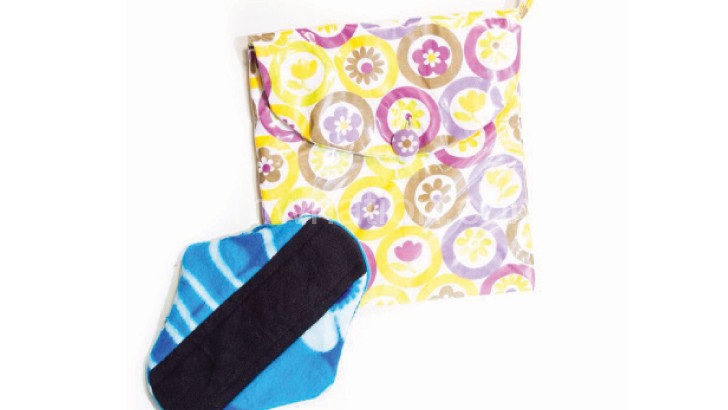Easing the menstrual woes
Menstruation is a normal biological process and a key sign of reproductive health. It is the natural monthly occurrence in healthy adolescent girls and pre-menopausal adult women. The onset can occur anytime between the ages of eight and 16, resulting in about 3 000 days of menstruation in an average woman’s lifetime.
In addition to persisting taboos, women and girls’ capacity to manage their periods is affected by a number of other factors, including limited access to affordable and hygienic sanitary materials and disposal options leaving many to manage their periods in ineffective, uncomfortable and unhygienic ways.
Very often, women and girls miss school and productive work days and fall behind their male counterparts, because of practical needs such as water and space for washing and cleaning the body, material for absorbing menstrual blood and facilities for proper disposal of used materials.
Menstrual hygiene and management can be essential in ensuring that one’s everyday life is not interrupted by menstruation. A College of Medicine research scientist and project coordinator for Global Early Adolescent Study, Trinitas Mhango-Kunashe is producing reusable sanitary pads.
“I sew reusable, washable sanitary pads made out of cloth. They can last for two years. This is a low cost alternative, a once off purchase which a girl could use for 24 times or more,” says Kunashe.
Tinapads, as they are called, are made of three types of fabric; flannel, toweling and water proof material. The pattern has wings which are snapped with press buttons to wrap it properly and comfortably on the underwear. “This will ensure that a girl stays in school all year round. If she is absent then menstruation management problem will not be the reason for her absenteeism,” she says.
Kunashe adds that she came up with this innovation after noting that girls usually stay home from school for days due to lack of proper and dignified sanitary materials. She notes that this affects their class work, and translates into poor performances and rises in school dropout rates.
“Our objectives are to reduce absenteeism rates caused by lack of sanitary products, keep girls in school, motivate them to stay in school, break the silence around menstruation and expose girls to Sexual and Reproductive Health Rights (SRHR) because our distribution will go along with three sessions on body development, body feelings and changes and how to cope with that,” she says.
Kunashe says it will be a pack of nine sanitary pads, down from the initial 10. The number was reduced in order to bring down the cost.
“In the pack of nine, three will be used on day one, three on day two; and two on day three and the remaining one on day four. The target is for the pads to be used once a month so that when they are washed, they should not be used again until the following month. As such, they will last longer.
“The good thing is that flannel lasts longer; you can agree with me that babies use flannels for up to four years. And we pick very soft flannel, not just any type. We also have toweling on each pad, which absorbs fluids, and also water proof material which protects any leakages,” she says.
Kunashe started working on the pad in October 2015. “I tested some pads from one organisation that saws pads, but I didn’t like it because it did not last. So I have been going to the market, looking at second hand clothes bales and buying flannel fabric. I tested it but I did not like it either, it was not soft enough. Then I asked a friend who is abroad to ship, and I liked the materials. I then tried another flannel as a result of that, which was much better” she says.
She kept asking around from friends and got new ideas and started redesigning the pattern, inspired by other designs from some people in Canada.
“I did a few, gave them to girls at Mbayani Primary School for testing, but they did not like them. I had to redesign until they liked them. I use the same, too. I do not buy the disposable pads anymore because of the dioxin they have, coupled with the discomfort. Now I use a product that is comfortable and health friendly to my life; it is low cost and eco-friendly,” says Kunashe, adding that apart from individuals, she is also targeting international markets and non-governmental organisations. n




